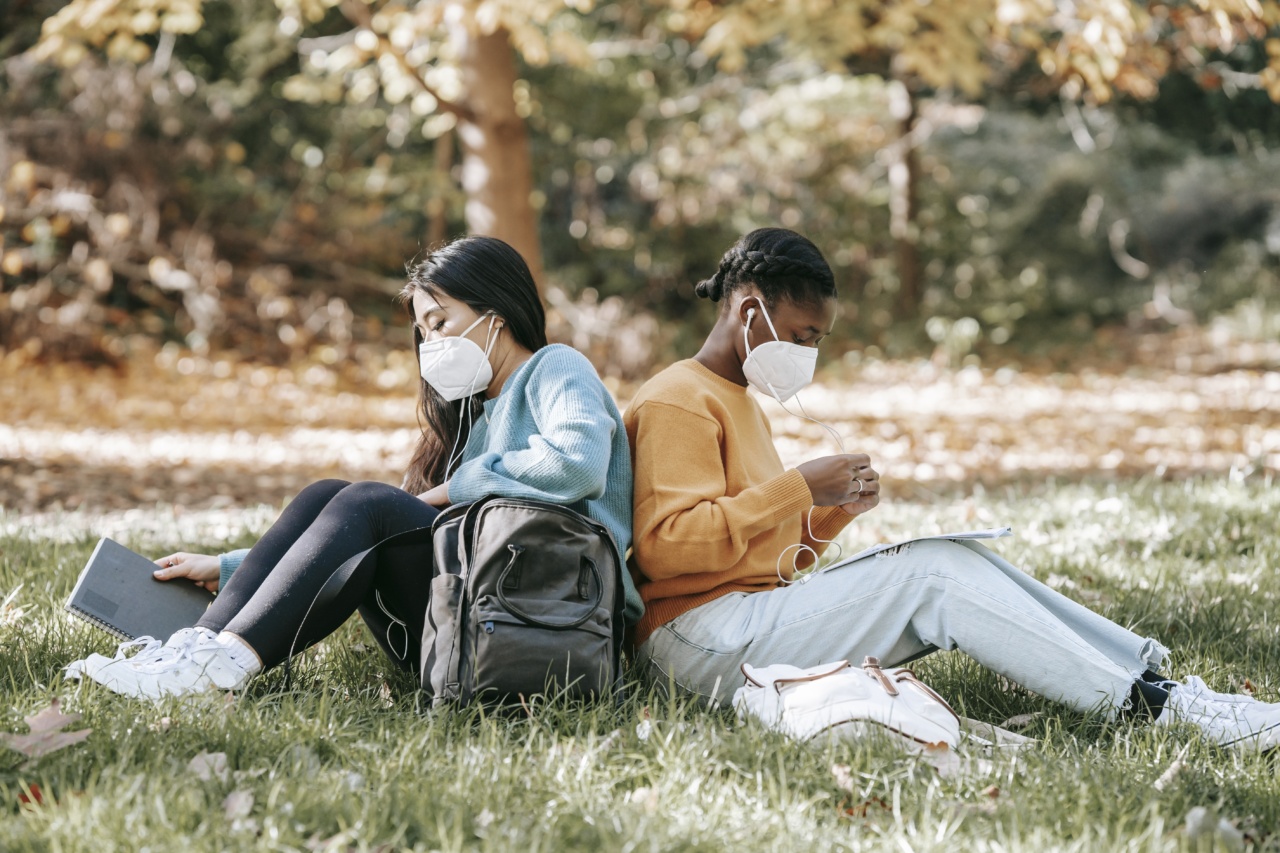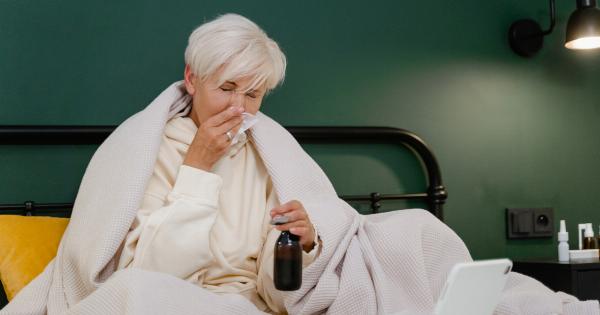Summer is a time of sunshine, warmth, and fun. However, it’s also a time of increased risk for infections. Hot weather, crowded public spaces, and more time spent outdoors can all contribute to the spread of bacteria and viruses.
Here are some tips for staying healthy this summer.
Stay Hydrated
One of the most important things you can do to prevent infections is to stay hydrated. Drinking plenty of water helps flush toxins out of your system and keeps your body functioning at its best.
Aim to drink at least eight glasses of water each day, and more if you are exercising or spending time in the sun.
Get Immunized
Summer is a great time to catch up on immunizations. Make sure you are up to date on all your vaccinations, including those for measles, mumps, rubella, polio, and tetanus.
If you are planning to travel, check with your doctor to see if you need any additional immunizations.
Use Insect Repellent
Insects like mosquitoes and ticks are more active in the summer, and they can carry diseases like Lyme disease and West Nile virus.
To protect yourself, use an insect repellent containing at least 20% DEET, and wear long-sleeved shirts and pants when possible. Check your skin and clothing for ticks after spending time outdoors.
Practice Good Hygiene
Washing your hands is the single most effective way to prevent the spread of infections. Make sure you wash your hands frequently, especially after using the restroom, before eating, and after touching public surfaces like door handles and handrails.
Use soap and warm water, and wash for at least 20 seconds.
Protect Your Skin
Exposure to the sun can lead to sunburn, skin damage, and even skin cancer. Protect your skin by wearing a broad-spectrum sunscreen with an SPF of at least 30, and reapply every two hours.
Wear a hat and sunglasses to protect your face and eyes, and avoid spending time outdoors during peak sun hours.
Stay Cool
Hot weather can lead to dehydration, heat exhaustion, and heatstroke. To stay cool, wear loose, lightweight clothing and stay in air-conditioned buildings as much as possible.
If you have to be outdoors, take frequent breaks in the shade or indoors, and drink plenty of water.
Be Careful with Food
Foodborne illnesses are more common in the summer, as the heat can cause bacteria to grow more quickly.
To reduce your risk of getting sick, make sure you refrigerate perishable foods promptly, and don’t leave them out in the sun or at room temperature for more than two hours. Cook meat thoroughly, and wash fruits and vegetables before eating them.
Avoid Crowds
Crowded public spaces like concerts, festivals, and amusement parks can be breeding grounds for infections. If you are at a crowded event, try to maintain a distance of at least six feet from others, and avoid touching your face or eyes.
Consider wearing a mask if you are in a particularly crowded area.
Stay Home if You’re Sick
If you are feeling unwell, the best thing you can do to prevent the spread of infections is to stay home. Keep away from others, and avoid going into public spaces until you are feeling better.
If you need medical attention, contact your healthcare provider by phone first to see what the best course of action is.
Keep Your Environment Clean
Cleanliness is key to preventing the spread of infections. Make sure you clean and disinfect frequently touched surfaces like doorknobs, light switches, and countertops.
Use a disinfectant that is effective against viruses and bacteria, and be diligent about cleaning and disinfecting surfaces in public spaces like bathrooms and break rooms.




























